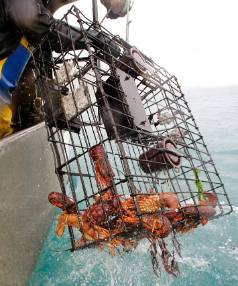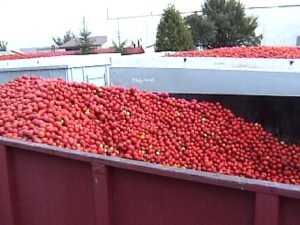Michael Daly of Stuff reports the Ministry for Primary Industries (MPI) says it has been alerted to more than 250 cases this year where people have tried to sell recreationally caught seafood on Facebook.
 The issue attracted attention in Southland just before Christmas, with at least three posts on local group buy and sell sites offering seafood for sale. One was for fresh pāua said “trades or swaps 2kgs left”. Another was for 1kg of fresh pāua and 700g of frozen, while the third advertised nine “Fiordland lobster” tails “snap frozen straight off boat”.
The issue attracted attention in Southland just before Christmas, with at least three posts on local group buy and sell sites offering seafood for sale. One was for fresh pāua said “trades or swaps 2kgs left”. Another was for 1kg of fresh pāua and 700g of frozen, while the third advertised nine “Fiordland lobster” tails “snap frozen straight off boat”.
An MPI spokesperson said the ministry was investigating several reported illegal fish sales on social media in the Southland area.
“For good reason, we cannot disclose the stage at which our inquiries are or what methods we use to acquire best evidence.”
The three posts advertising the pāua and crayfish angered members of the Spearfishing Southland group Facebook page. In a discussion on the site about the online advertising of seafood, one spearfishing group member said he had reported three incidents to MPI.
Another spearfishing group member, Andy Smith, who also runs an open community page with the same name, said after he had replied to the post for the crayfish tails after spotting it.
“I put a message up myself saying, ‘Do you realise, it’s illegal what you’re doing?’ Fifteen minutes later, the post was gone,” he said.
He wasn’t aware of many cases where seafood was advertised in Facebook posts. “I see it happen sometimes, but it usually gets taken down pretty quick.”






